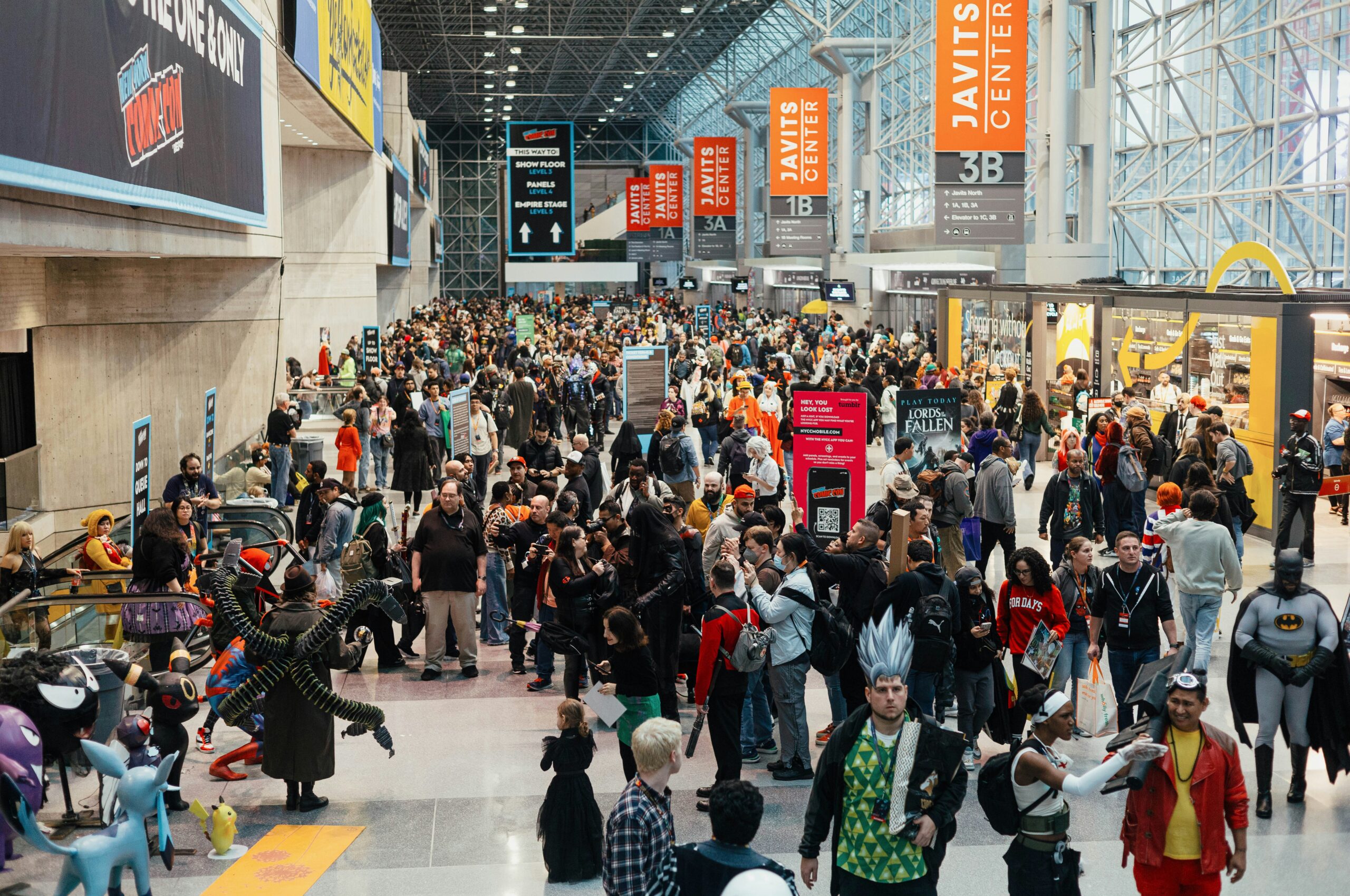Geek culture, once a niche community reserved for comic book collectors, video game enthusiasts, and science fiction fans, has undergone a remarkable transformation. What was once marginalized is now a central pillar of global entertainment. From blockbuster franchises to fashion influences, geek culture’s rise offers a fascinating case study in cultural evolution. But as it becomes mainstream, new questions arise about its future and lasting impact.
The Rise of Geek Culture
In the mid-to-late 20th century, geek culture largely existed in the shadows of popular culture. Comic book fans, tabletop gamers, and sci-fi aficionados often gathered in basements, independent comic shops, or small conventions. These were spaces of shared passion but limited recognition, similar to how modern niche gaming communities thrive today. For instance, those curious about what is jetx game often find themselves drawn to its unique mechanics and the shared excitement it fosters among players.
The media, too, portrayed geeks as quirky outsiders. Characters in TV shows and movies were often reduced to stereotypes: socially awkward, eccentric, and obsessed with “unpopular” interests. Yet, within these communities, a deep sense of belonging thrived.
Technology and the Internet
Online forums, early blogs, and fan websites allowed enthusiasts to connect on a global scale. Platforms like YouTube and social media transformed how fans shared their love for comics, gaming, and sci-fi. Viral content, from fan theories to cosplay tutorials, brought these communities into the broader public consciousness. Films like those in the superhero genre also benefited immensely.
The Power of Franchises
One of the clearest indicators of geek culture’s mainstream success is the dominance of franchises in modern media. What started as modest cult followings became billion-dollar enterprises, reshaping the entertainment landscape.
From Comic Shops to Cineplexes
Superhero films, fantasy epics, and space operas moved beyond niche audiences, becoming cultural touchstones. These stories, often rooted in comics or niche literature, offered universal themes: hope, resilience, and the battle between good and evil. Such relatability expanded their appeal beyond hardcore fans.
Studios and streaming platforms capitalized on these universes, building interconnected cinematic worlds. This shift created not only blockbuster films but also spin-off series, merchandise, and fan events that reached millions worldwide.
Why Geek Culture Resonates Across Demographics
Geek culture’s mainstream success lies in its universal appeal. Its core themes and formats offer something for everyone:
- Escapism with depth: At its heart, geek culture provides imaginative worlds that offer a break from reality.
- Shared experiences: Whether it’s the anticipation of a new film or online discourse about plot twists, these moments create collective excitement.
- Inclusivity: Modern geek culture embraces a wide range of voices, genres, and representation. As a result, it resonates across age groups, ethnicities, and genders.
Challenges of Mainstreaming Geek Culture
As geek culture gains popularity, it faces challenges that may shape its trajectory:
Maintaining Authenticity
With major studios and brands now involved, some fear that the essence of geek culture is being diluted for mass appeal. For instance, there’s criticism that adaptations sometimes prioritize marketability over fidelity to source material. Balancing mainstream success with authenticity remains a delicate act.
Oversaturation
The success of geek culture has led to an explosion of content, from superhero films to spin-off series. While this variety is a boon for fans, it also risks oversaturation, leading to diminishing interest. Quality storytelling must remain a priority to sustain long-term engagement.
Fragmentation of Fandoms
With so many franchises and platforms, fandoms have become more fragmented. This diversification can create a vibrant ecosystem but also limits the universal appeal of any single story or universe.
What’s Next for Geek Culture?
The future of geek culture holds several exciting possibilities. As it continues to evolve, here are some trends to watch:
Diversification of Stories and Voices
Audiences are increasingly seeking diverse perspectives. Independent creators, non-Western influences, and lesser-known genres are poised to play a more significant role in shaping geek culture. This evolution promises richer, more varied storytelling.
New Technologies Shaping Experiences
Virtual reality (VR), augmented reality (AR), and artificial intelligence (AI) are redefining how stories are told and experienced. Imagine fully immersive narratives where fans can interact with their favorite characters or explore fictional worlds in first-person.
Fandom-Driven Content
Studios are listening more closely to fans, tailoring content based on audience feedback. This dynamic between creators and consumers is likely to grow, with fan campaigns influencing production decisions.
 FOR FANBOYS, BY FANBOYS
Have you checked out LRM Online’s official podcasts and videos on The Genreverse Podcast Network? Available on YouTube and all your favorite podcast apps, This multimedia empire includes The Daily CoG, Breaking Geek Radio: The Podcast, GeekScholars Movie News, Anime-Versal Review Podcast, and our Star Wars dedicated podcast The Cantina. Check it out by listening on all your favorite podcast apps, or watching on YouTube!
Subscribe on: Apple Podcasts | Spotify | SoundCloud | Stitcher | Google Play
FOR FANBOYS, BY FANBOYS
Have you checked out LRM Online’s official podcasts and videos on The Genreverse Podcast Network? Available on YouTube and all your favorite podcast apps, This multimedia empire includes The Daily CoG, Breaking Geek Radio: The Podcast, GeekScholars Movie News, Anime-Versal Review Podcast, and our Star Wars dedicated podcast The Cantina. Check it out by listening on all your favorite podcast apps, or watching on YouTube!
Subscribe on: Apple Podcasts | Spotify | SoundCloud | Stitcher | Google Play




